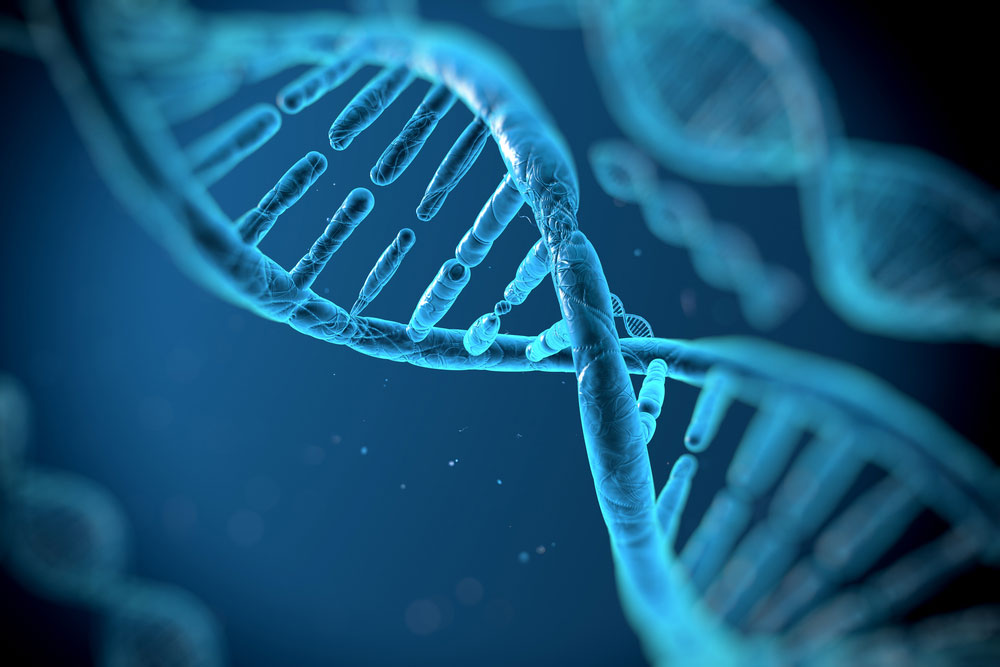Supporting Your Body’s Own Stem Cells
Regenerative Medicine is based on the body’s ability to restore itself. At the center of this ability is the stem cell. Stem cells are cells that have the ability to differentiate or mature into cells that can replace damaged or injured cells. For example, the most amazing of these are neural stem cells. Until recently, it was believed that neurons could not regenerate. Once they were damaged, they were gone for good. We now know, however, that there are neural stem cells within the brain and spinal cord that can replace damaged neurons. Some stem cells that have been identified within the human body to date are:
- Neural progenitor (stem) cells – can replace damaged neurons. This process already occurs in your brain. And there are things that you can do to enhance this process.
- Endothelial progenitor cells (EPCs) – cells that float in your bloodstream and replace damaged endothelial cells, which line your blood vessels. Your endothelial cells provide control of blood pressure, allow oxygen and nutrients as well as carbon dioxide and other waste products to cross from your blood to your tissues and vice versa, cause erection of your sex organs during intercourse, among a host of other indispensable functions.
- Mesenchymal stem cells – can differentiate into the cells that make up your bone, cartilage, tendons, and ligaments, as well as muscle, neural and other tissues. These are found in your bone marrow and adipose (fat) tissue
- Hematopoietic stem cells – located in your bone marrow, travel in your bloodstream and have the equal differentiating ability as mesenchymal stem cells.
At one time, it was believed that only embryonic stem cells could be used to treat damaged tissue. What we now know is that adult stem cells have the ability to regenerate damaged tissues. And even more fascinating and important is the fact that these adult stem cells already reside within your own tissues and have the ongoing ability to repair and replace. These stem cells that you carry around with you can be ready to go at a moment’s notice, if called upon.
There is much ongoing research into stem cell therapy that is extremely promising for many diseases. And this research is already showing a practical clinical application. Many of these treatments of stem cell transplantation will be coming online in the not too distant future. In the meantime, however, there are many things that you can do currently to not only maintain but improve the health, longevity and effectiveness of your own internal adult stem cells.
Metabolic and Functional Medicine’s approach to this is accomplished by providing you the optimum nutrients and eliminating potential toxins that can disrupt your stem cell function and longevity. Also by identifying genes that have less than optimal functioning, we can often circumvent the nutritional imbalance this causes in order to enhance, improve and, in some instances, even return your metabolism to normal. Functional and metabolic imbalances can have deleterious effects on your stem cells. For example, high levels of insulin, known as insulin resistance associated with obesity and pre-diabetes, can damage stem cells, especially EPCs. Managing functional and metabolic imbalances improves cell health and function, preventing cellular damage that must call upon stem cell recruitment. It also optimizes your own adult stem cells, keeping them healthy, functional, numerous, long lived and ready at a moment’s notice. Nurturitive (Psycho-social), Nutritive, Physical and Environmental solutions are then applied to improves the health, function and longevity of your stem cells, including
- Exercise
- Nutrition
- Stress relieving modalities
- Environmental management
- Detoxification
- Supplementation
- Some supplements shown to enhance stem cells include
- Resveratrol and Pterostilbine
- Vitamin D
- Curcumin
- N-Acetyl Cystein
- Some supplements shown to enhance stem cells include
Anti-Aging Medicine’s approach also enhances the function and longevity of both your differentiated cells (the cells that make up all of your organs) and your stem cells. Bio-identical hormone replacement is the core of Anti-Aging Medicine. In men, testosterone begins declining at around age 20 and continues declining into advancing years. Women’s peak hormone production is around age 30 and then both estrogen and progesterone decline into advancing years. Male and female hormones, as well, as thyroid, adrenal and others are all extremely important to the health and functioning of our cells and bodies. For example, testosterone plays an exceptionally important role in heart health in men and estrogen stimulates the production of acetylcholine, which is the neurotransmitter of memory and critical thinking. As you can see, your hormones, including your sex hormones are vital for the health and well-being of all cells in the body. Optimizing them also enhances the functional capacity and longevity of stem cells. Studies have shown that:
- Allopregnenolone – a metabolite of Progesterone crosses the blood brain barrier and stimulates the proliferation of neural stem cells and has been shown to improve learning due to cellular repair of hippocampal learning mechanisms
- Testosterone and estrogen – play pivotal roles in control of differentiation – the process of stem cells replacement of damaged cells or even adding additional cells
- Dihydrotestosterone – an active metabolite of testosterone prevents preadipocytes (fat cell stem cells) from differentiating into adipocytes (fat cells)
- Testosterone – is instrumental in
- Building muscle by both causing growth of existing muscle cells and causing myocyte progenitor cells (muscle stem cells) to differentiate into muscle cells in both skeletal and heart muscle
- Red blood cell proliferation
- Increasing endothelial progenitor cells (EPCs) – important for vascular, heart and erectile function
- Estrogen
- Increases EPC mobilization and incorporation into damaged vascular tissue
- Reduces aging of EPCs by increasing their telomeres (the protective caps at the end of DNA strands)
- Increases the numbers of EPCs
- Growth hormone – increases both the numbers and health of EPCs and regulates mesenchymal stem cells
- Thyroid Hormone – regulates adult neural stem cells and oligodendrite progenitor cells (myelin-producing cells) and EPCs and stimulate hematopoietic stem cells
You can see that your own body has the potential and ability of regeneration and self-healing. This concept has been known by many for a long time. It is now being scientifically proven in a multitude of ways. This ability of your body is stressed from both inherited genetic traits and the environment. When functional/metabolic/hormonal imbalances lead to symptoms your regenerative ability is diminished.
If you have questions or would like to make an appointment, please Call Dr. Cole in one of our convenient locations.



0 Comments